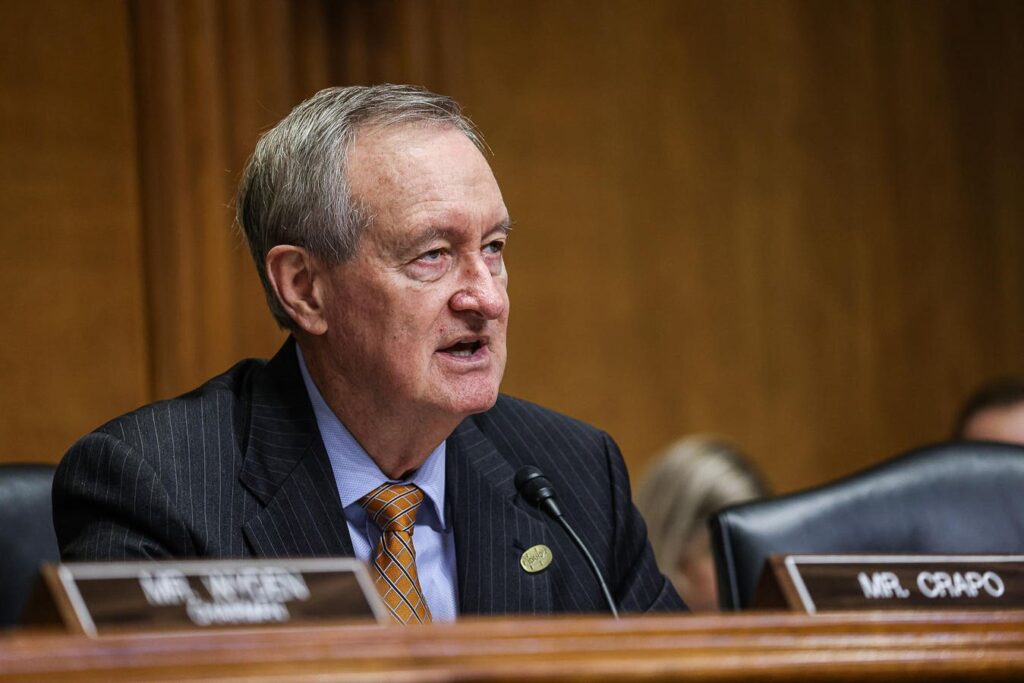As President-elect Trump prepares for his ambitious income tax agenda, two significant issues loom over its potential success: the proposed tariffs he has articulated and Congress’s willingness to finance what could amount to trillions in income tax cuts. Both elements are expected to spark intense debates among Republicans, especially given the intricacies of the federal budget process, which complicate the passage of such significant legislation. To leverage his narrow congressional majority, Trump will likely need to utilize the budget reconciliation process, which allows certain legislation to be passed with a simple majority vote in the Senate as opposed to the 60 votes typically required to overcome a filibuster.
Budget reconciliation comes with rules that may hinder Trump’s agenda. Notably, reconciliation bills must have explicit spending and revenue targets that can only be changed to a limited extent. Any legislation passed through this process cannot increase the federal deficit beyond a decade, creating a complex balancing act for Republicans who may want to push through substantial tax cuts. Trump’s proposed tariffs, particularly those on China, Canada, and Mexico, could potentially raise trillions in revenue, providing a solution to fund his tax cuts. However, if Trump opts for unilateral imposition of these tariffs, it poses a risk since congressional scorekeepers typically don’t include administrative action in their budget estimates, complicating the funding dynamics.
The nuances surrounding the tariffs highlight the uncertainties ahead. Trump’s various proposals, from a 60% tariff on China to 25% tariffs on Canada and Mexico, indicate a tumultuous policy landscape that could evolve based on negotiations or unilateral decisions. Should Congress enact these tariffs through reconciliation, the raised revenues could theoretically offset tax cuts. However, without a clear plan or a willingness from Congress to legislate Trump’s tariff proposal, utilizing the tariffs as a source of revenue for tax cuts could prove challenging and uncertain.
Another critical concern is whether Congress will make efforts to pay for the proposed tax cuts or merely allow the deficit to grow. The financial implications of extending the Tax Cuts and Jobs Act (TCJA) already suggest an increase of over $4 trillion in the deficit over the next decade. Trump’s additional proposed subsidies, tax deductions, and credits could further add $4 trillion to $5 trillion to the overall cost. This looming financial burden presents a division within the Republican Party, as some members, including Senator Mike Crapo, argue that additional tax cuts could result in enhanced economic growth that offsets government borrowing demands.
Nevertheless, while some Republicans aim to bypass the financial challenge posed by these tax cuts, such strategies could lead to significant fiscal implications. The practice of treating tax cut extensions as cost-free may clash with the letter of congressional budget rules, despite its historical prevalence. Furthermore, failure to address the resulting increased borrowing needs could risk causing turmoil in financial markets, an outcome that many Republican lawmakers, who may favor greater fiscal discipline, would prefer to avoid.
The debate over how to fund Trump’s proposed tax cuts will be a pivotal issue for Congress, leading to potential complexities tied to reconciliation rules. If agreement on long-term tax cuts cannot be reached, it may prove necessary to extend the TCJA’s individual provisions temporarily rather than making them permanent. Aspirations and political pressures will likely prolong discussions, meaning it could be some time before Republicans arrive at a coherent consensus, potentially placing the burden of decision-making on the Senate parliamentarian to enforce budgetary regulations as various factions within the GOP navigate their way through contrasting fiscal ideologies amidst a divided political landscape. In summary, as Trump seeks to implement his tax agenda, the intricate interplay of tariffs, revenue generation, and the need for budgetary accountability will define the path moving forward.

